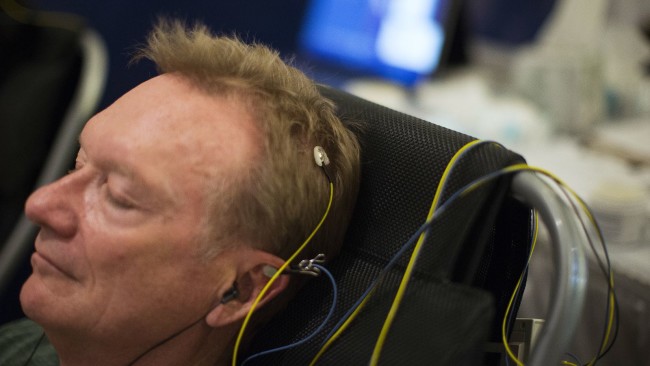
A 45-year-old trauma survivor with a history of depression and anxiety, as well as multiple attempts at finding a treatment that would help, decided to give neurofeedback a try.
Neurofeedback wasn’t my first attempt at improving my mental health. I’d tried, or still used, psychotherapy, antidepressants, homeopathy, hypnotherapy, diet modifications, exercise, meditation, and acupuncture. Some modalities had a greater impact than others, and all of them helped me to some degree. But even when I was able to keep the worst symptoms in check, other lurking issues detracted from my sense of “being okay.” Having given a fair shot to the more popular treatments, I was driven to seek one less common.
Learn more about this individual’s journey and how neurofeedback is being used to treat a wide range of symptoms. As reported in the Washington Post: “… in addition to depression and anxiety, neurofeedback is currently being used to treat a number of other conditions including attention deficit disorder, attention deficit/hyperactivity disorder, addiction, autism spectrum disorder, chronic fatigue, learning disabilities, obsessive-compulsive disorder, post-traumatic stress disorder, tics and seizures, and traumatic brain injuries.”
Read the entire article here… When meds didn’t improve my depression, I tried retraining my brain waves instead
BWB’s Dr. Mary Lee Esty is quoted in the article with regard to her years of research and experience treating clients with neurofeedback. If you would like to talk with her or one of the other staff about what neurofeedback can do for you, give her a call at (301) 215 7721.

Comments are closed.